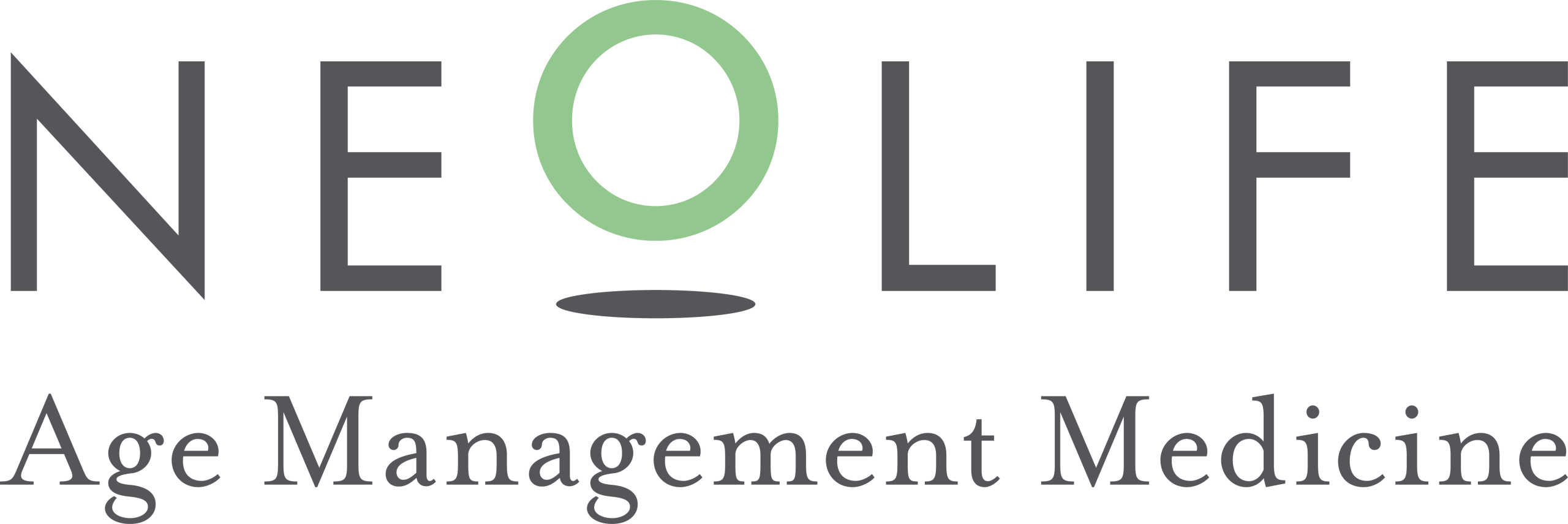A recent study published in JAMA concludes that providing financial incentives to both physicians and patients alike can improve compliance with the prescribed treatment.
The study consisted of checking compliance to prescribed treatments intended to lower LDL-cholesterol (bad cholesterol) levels in patients with a high risk of cardiovascular disease. The group in which both the physician and the patient were incentivized to adhere to the treatment to reduce the level of bad cholesterol (LDL) in 12 months by 36% more than the non-incentivized control group (34 mg/dL compared to a reduction of only 25 mg/dL for the control group).
Neolife medical management
Do we need incentives to achieve a proper health consciousness or is the reward of maintaining good health and a better quality of life more than enough?
We understand that the medicine we practice is an approach that is based on Age Management Medicine or Preventive Anti-ageing Medicine which is of limited interest to the majority of the population currently. Generally, most people who are interested in our services and treatments are acutely aware of their health and are therefore “health conscious” when it comes to adhering to beneficial lifestyles, or at least they try to adhere as far possible. Our clients are receptive to adopting new attitudes that improve their health and well-being and demand a significant amount of information to allow them to make their own decisions: that is to say, they are proactive. However, there are a very high percentage of people who are disinterested in taking care of their health and skeptical about the advice and treatments we propose. Some people still doubt that exercise is good for their health or that tobacco is actually harmful. We understand the psychological mechanisms of self-defense or self-justification which can prevent us from adopting a healthy attitude: a glass of wine a day is good (but in the end we drink half a bottle), too much exercise creates rust (but also if you do not get up from the chair!), everything makes me fat though I do not eat anything, it is not scientifically proven that…, etc.

The question amongst health professionals that are dedicated to promoting beneficial lifestyles and preventive treatments is what can we do to make these people realize the negative consequences of their poor habits and accept that they self-justify or that they can change their health. This is a question that falls firmly within the scope of psychology and is difficult for us to approach when we have such limited chance of being successful. It is very difficult to convert a “poor life styler” into a “health conscious” individual. But we should not throw in the towel and give up on these cases. We try to get our clients to adopt healthy attitudes little by little – such as preparing a proper breakfast, walking slightly more or taking nutritional supplements. Almost all those who are “unhealthy” are making small changes that do have a positive effect on their health and we can confirm these changes through monitoring tests. It is very important to celebrate such accomplishments, to give value to your achievements and reinforce your new healthy attitude. It is also advisable to outline reasonable objectives in the short and medium term and monitor compliance with the program we prescribe. Typically Neolife anti-ageing treatments involve analytical monitoring of the altered biomarkers every 3-6 months, although some biomarkers such as weight or fat percentage can be measured every 15 days (if necessary) and others such as telomere length or coronary calcium (calcium score) can be completed every 1-2 years. Each patient and their biomarkers have a unique past.
A recent study has demonstrated that economic incentives are a powerful ally for those who want to achieve health goals.
Within the same area of study we have been overwhelmed by a recent study published in JAMA (1) and financed by the National Institute on Ageing, which focused on the effect of an economic incentive on physicians and patients in North America when it comes to achieving their health goals. The aim was to see if an economic incentive could motivate the physician and the patient to comply with the treatment prescribed to lower the LDL-cholesterol (bad cholesterol) levels in the latter. The economic incentive for the physicians was $1,024 for each of their patients that reached their personal LDL-cholesterol target and the incentive for the patients provided them with the same amount. This was supplemented further by playing an ingenious internal lottery system in which the participants could win a prize if they had taken the pill from the previous day. The study included 304 family physicians and 1,503 of their patients with high risk of cardiovascular disease, who were divided into four groups:
- Control group: no incentive was offered.
- Incentive for the physician.
- Incentive for the patient.
- Incentive for the physician and the patient.
The average decrease in LDL-cholesterol levels 12 months after commencement of the study was 25 mg/dL for the control group, 28 mg/dL for the incentivized physician group, 25 mg/dL for the incentivized patient group and 34 mg/dL for the incentivized physician and patient group. Therefore, the best treatment compliance was from the group in which both the physician and the patient were incentivized. The authors of the study recognize that these types of strategies may not be economically viable in the short term but argue that perhaps the future savings in costly medical interventions compensate for the initial investment and outlay in incentivizing compliance in such a way.
At Neolife we believe that such strategies are at least unique and deserve discussion given our socio-economic environment as they offer an opportunity for us to reflect on how to improve health in a cost effective way. From the results of the study one could conclude that one takes care of his or her own health if they make money and that the physician only perseveres in the health of his or her patients if they earn more money. We prefer to think of the results as evidence that we are able to assume healthy attitudes with the only and not inconsiderable reward of maintaining our good health and quality of life.
BIBLIOGRAPHY
(1) Asch, D. Troxel, A, Stewart, W, et al. “Effect of Financial Incentives to Physicians, Patients, or Both on Lipid Levels, A Randomized Clinical Trial”. JAMA. 2015;314(18):1926-1935. doi:10.1001/jama.2015.14850.
https://jama.jamanetwork.com/article.aspx?articleid=2468891
